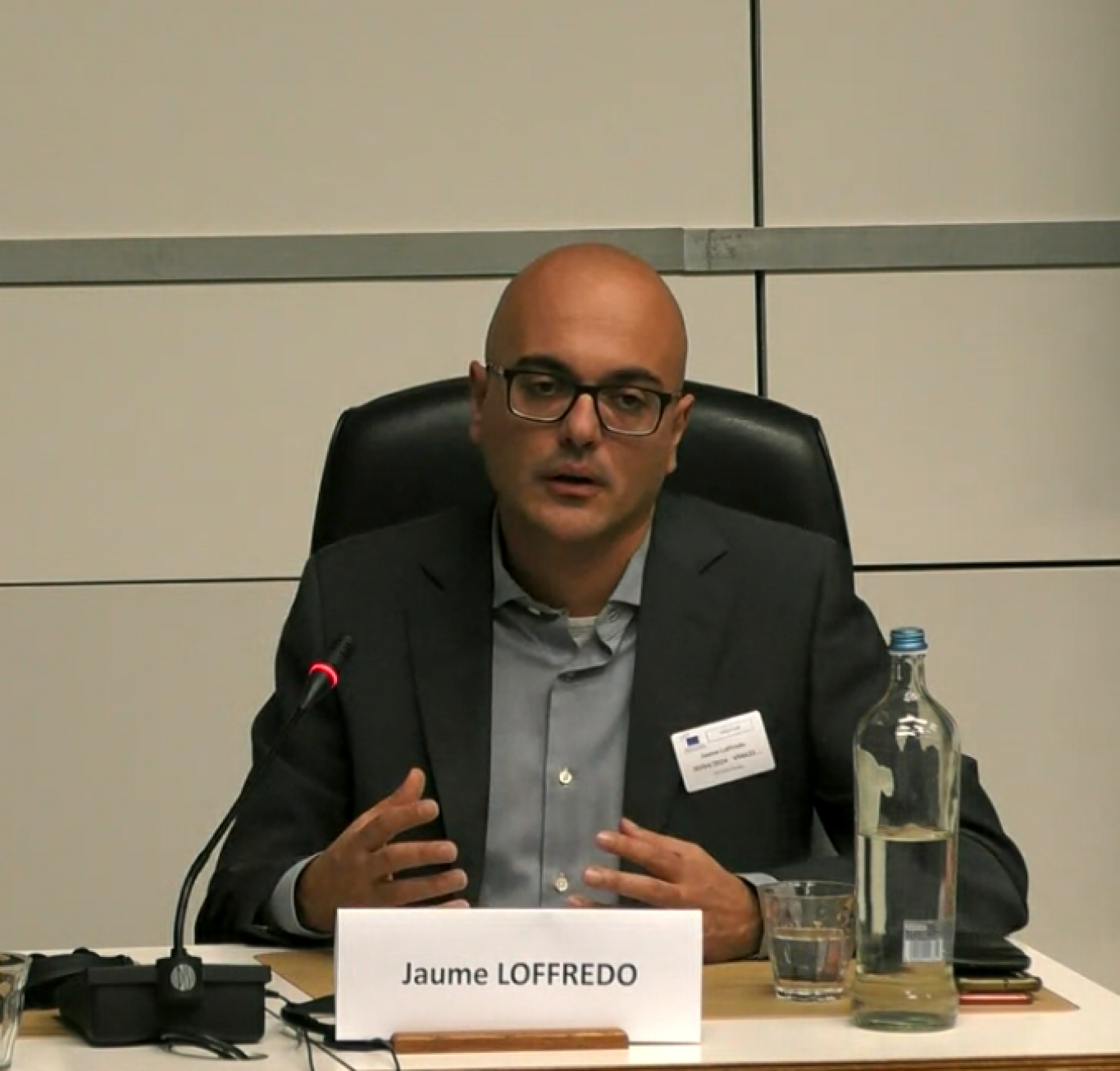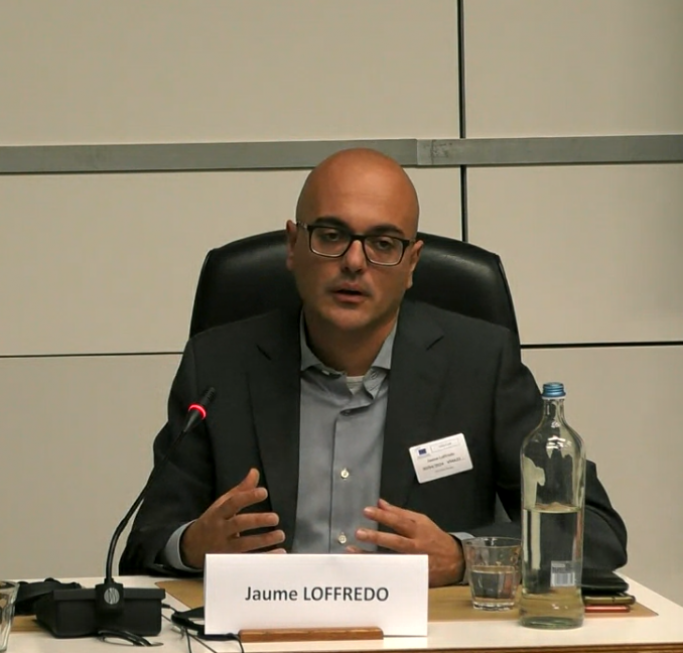Ensuring that better consumer protection is the legacy of the Energy Crisis
Expert Articles
Jaume Loffredo is the former Energy Team Leader of BEUC, the European Consumer Organisation


Ensuring that better consumer protection is the legacy of the Energy Crisis
The Impact of the Energy Crisis on European Customers
After the Russian invasion of Ukraine in February 2022, the European Union was affected by a massive surge in gas prices, which also led to a significant increase in electricity prices. The crisis culminated during the summer of 2022, with electricity prices tripling compared to pre-crisis levels, and in some countries, such as Germany, increasing eightfold.
This massively affected the finances of the vast majority of European consumers.
Clearly, consumers on variable or dynamic price contracts saw their bills increase at the same time as wholesale prices did. Hence, they started to feel the effects of the crisis as early as summer 2021, when Russia started tightening gas supplies to Europe.
Consumers on fixed price contracts also saw their energy prices increase.
Those who saw their electricity or gas contract end had to renew it at much higher prices, reflecting the ongoing market conditions. In these cases, suppliers often advised consumers to sign a fixed price contract, where they were still available, or a contract indexed to quarterly (or longer) benchmarks. These contracts were offering consumers some protection against price volatility, but were doing so at an unaffordable cost.
In addition, in many cases, suppliers, which were not sufficiently hedged, broke fixed price contracts before their maturity, unilaterally increasing prices. Millions of consumers across Netherlands, Finland, Denmark, Slovakia, Germany and Italy, amongst others, were victims of these practices and experienced massive price increases, even before the end of their contract.
Lastly, several suppliers went bust in that timeframe. The United Kingdom saw a record 25 suppliers going bankrupt during the energy crisis. In Czech Republic, the largest alternative energy supplier went bankrupt in October 2021, leaving almost one million households without a contract. Consumers were assigned to a supplier of last resort, or to another supplier, which charged them much higher prices.
As prices increased consumers unable to pay were still facing the threat of having their energy supply cut-off. This threat was faced by those on variable priced contracts and those who had made the prudent choice to choose a fixed price contract (and to pay a premium for doing so) where their contracts were withdrawn due to malpractice or irresponsible behaviours by their supplier.
The need for stronger consumer protections
The crisis taught policymakers, regulators, and the energy industry, that legislation did not sufficiently protect consumers and that existing rules needed significant improvements.
This is why, throughout autumn 2022 BEUC – the European Consumer Association - worked on a set of recommendations to enhance consumer protection.
These recommendations reflected that consumers needed additional support from lawmakers, regulators and suppliers. They also recognised that many customers were facing an energy price crisis at the same time as a more general cost of living crisis, while also dealing with the aftermath of the COVID pandemic.
In December 2022 the Joint common principles to enhance consumer protections this winter were signed. These principles recommended that suppliers and regulators avoid unilateral price increases and energy disconnections, as well as offering bill deferrals and payment plans to consumers who were struggling to pay on time.
After that, in March 2023, the European Commission issued a proposal to reform the Electricity Market Design, making these recommendations binding, by inserting them into EU law.
In November 2023, after months of negotiations, the Parliament and the Council reached an agreement on the reform, which notably featured a ban on unilateral changes of fixed price contracts before their maturity and a duty to protect consumers from disconnections.
A happy ending?
This was however only the beginning of the journey towards appropriate consumer protections in electricity markets.
The new Electricity Market Design reform will have no effect on the markets until it is properly transposed, and implemented, in the national law of all EU Member States.
And, even when this happens, in-depth monitoring by regulatory authorities, as well as strong enforcement, will be needed to ensure that legislative provisions translate into real protections.
I hope that lawmakers in the 27 EU Member States will understand the need to increase consumer protections and will take action, just like the European Commission did in spring 2023.